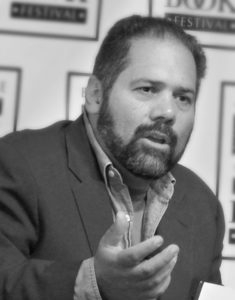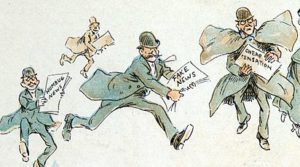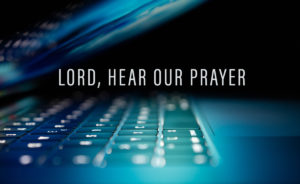
Ray Suarez, instructor for this course.
Today, we are opening registration for our free Big Class: Civil Conversations in Uncivil Times — Practicing Our Faith in the Public Square with Ray Suarez.
In this historically contentious election season, many Christians are looking for ways to bring their faith into their political interactions. Ray Suarez knows a lot about contentious political landscapes. He also knows a great deal about faith. As an award-winning journalist, college instructor, and outspoken Episcopalian, he has written a book on the subject of faith and politics in the United States and offers these four video presentations in this free online class:
- The Challenge of Civility
- Scripture and Civility
- What Civility Might Look Like
- Getting There
You can register today for this class. The class opens on October 12, and it will remain free to students across the world through October 26. As with most ChurchNext classes, you can take this course at your own pace, at whatever time suits you. It should take less than an hour to complete, and students will have an opportunity to ask the instructor questions.
This course is ideal for Christians looking for ways to be faithful in the midst of contentious politics and is brought to you for free by The Episcopal Church, the Episcopal Church Foundation, Trinity Wall Street, the Consortium of Endowed Episcopal Churches, Forward Movement, and ChurchNext.



 We just launched
We just launched